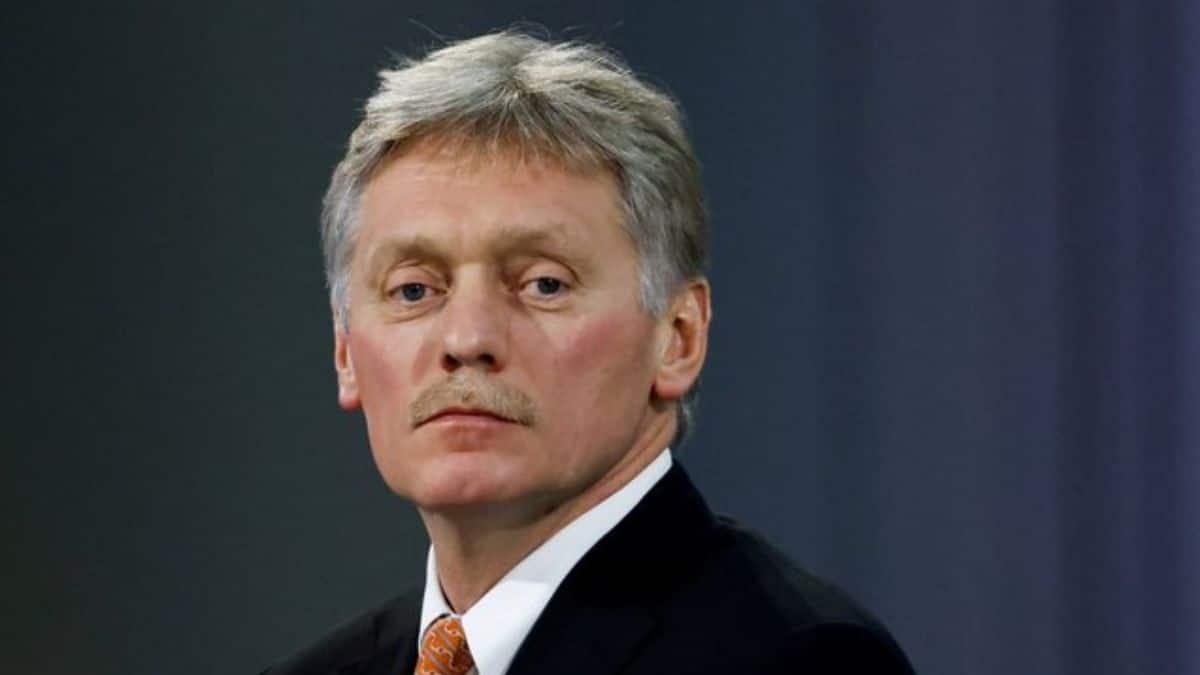The Kremlin has strongly condemned the European Union’s decision to allocate €1.5 billion from Russian assets to aid Ukraine, deeming the move illegal and threatening countermeasures. Kremlin spokesman Dmitry Peskov, in a briefing on Friday, emphasized that actions perceived as unlawful asset seizures will prompt a decisive response from Russia.
“The illegal steps such as the appropriation of Russian assets will not go unanswered,” Peskov stated, underscoring the gravity with which Moscow views the EU’s actions. This stance signals a potential escalation in the already fraught relations between Russia and the European Union, as the latter continues to support Ukraine amidst its ongoing conflict with Russia.
Peskov’s remarks come at a time of heightened tensions, with the Kremlin also expressing its views on the political dynamics in the United States. Commenting on former President Donald Trump, Peskov noted, “Trump represents the U.S. political elite, all of which suffers from Russophobia. Moscow is not wearing rose-colored glasses in this regard.” He further pointed out that the sanctions against Russia began during Trump’s tenure, indicating that from Russia’s perspective, there is little difference between Trump and other American politicians regarding their stance on Russia.
Meanwhile, Russian President Vladimir Putin and Belarusian President Alexander Lukashenko are set to continue their informal talks at Valaam on Friday. The meeting underscores the close ties between the two leaders amid increasing international isolation.
In addition, Peskov confirmed that President Putin will attend the Navy Day parade in St. Petersburg on May 28. The parade is a significant event, showcasing Russia’s naval prowess and underscoring its military capabilities amid ongoing geopolitical tensions.

